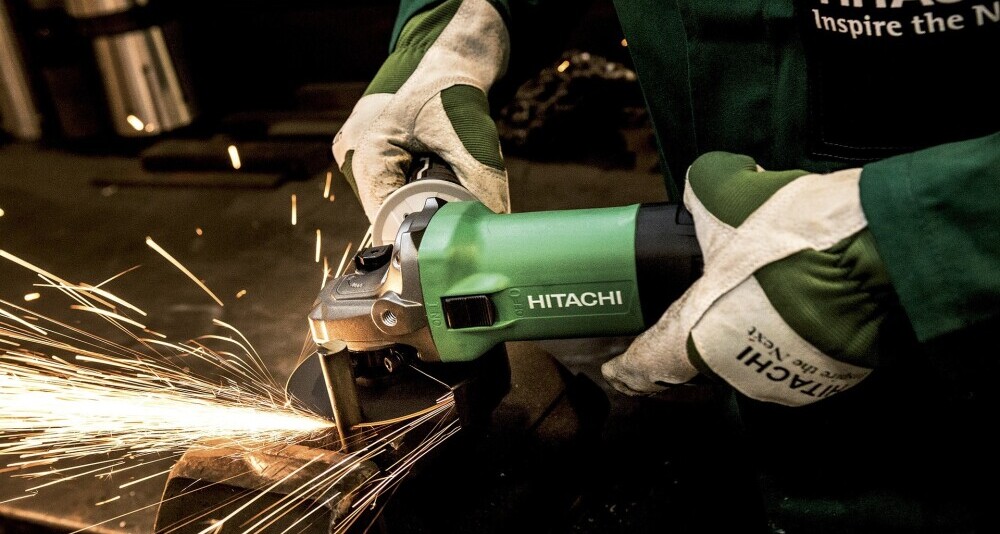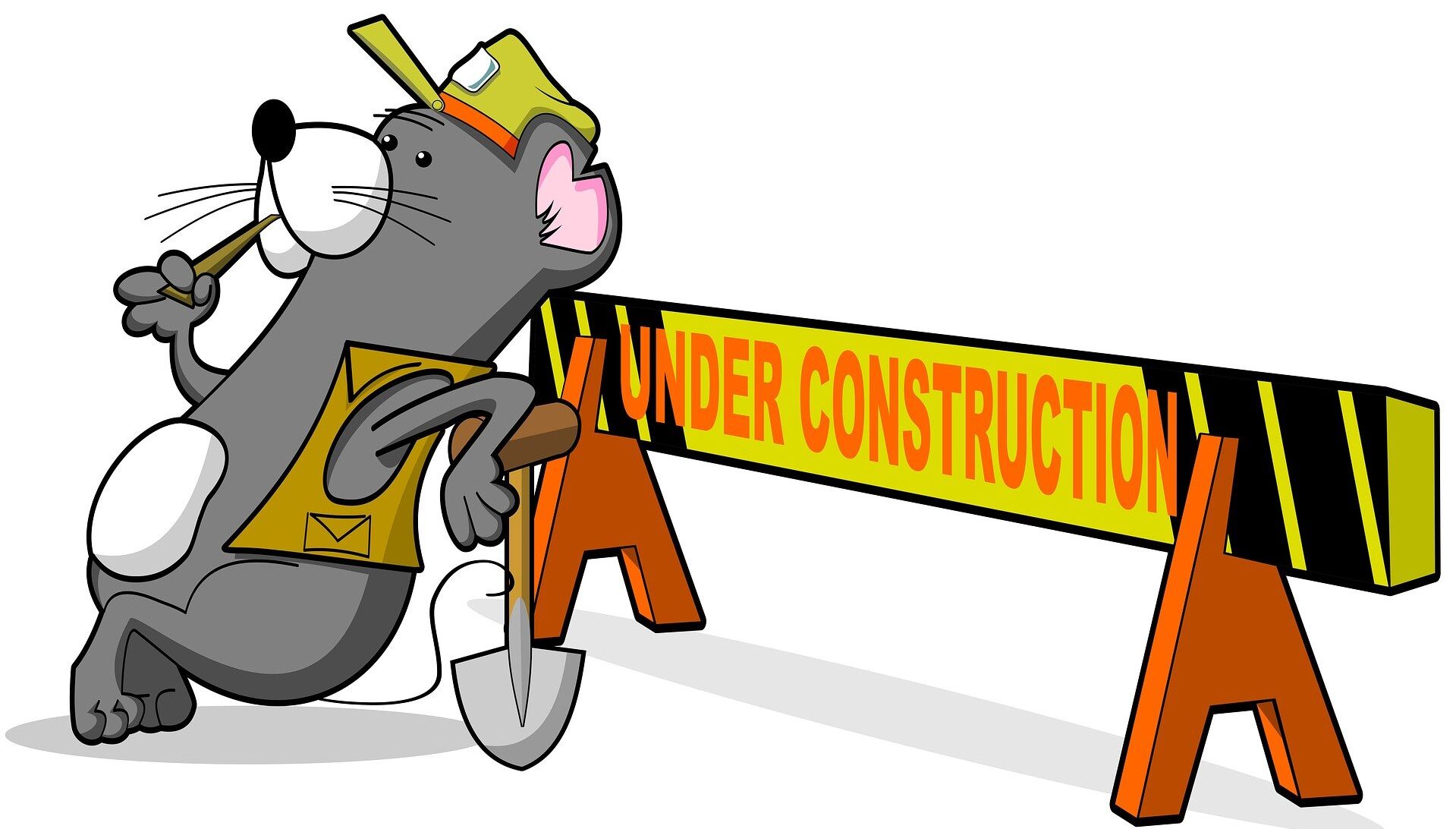
Cordless and corded tools have revolutionized how we tackle various tasks, from DIY projects at home to professional jobs on construction sites. Understanding these tools and their capabilities is essential before making an informed choice.
Cordless tools, as the name suggests, operate without a power cord. They’re powered by batteries, typically lithium-ion ones. You get more mobility and freedom with cordless tools since you aren’t tethered to a power outlet. This flexibility makes them a favorite for many users who need to move around frequently or work in areas without easy access to electricity.
Corded tools, on the flip side, are plugged into a power outlet and run continuously without needing battery replacements or recharges. This gives them an upper hand in terms of consistent power output. Many professionals lean towards corded tools for heavier tasks where maintaining a steady power flow is crucial.
The journey of these tools starts way back with hand-operated devices. Mechanization and the invention of electricity brought about the dawn of power tools. Corded versions were the first to appear, offering a constant power source. Cordless tools joined the party later, spurred by advances in battery technology, giving users more maneuverability and ease of use.
Why does choosing the right tool matter? Each task has specific requirements. The right tool not only completes the job efficiently but also ensures safety and ease of use. Time and energy are precious – using the proper tool can save both. It’s about matching the tool to the task at hand for the best results.
Technological advancements have transformed both categories. Cordless tools now boast better battery life and faster charging times, while corded tools have become lighter and more efficient. Understanding these improvements helps in appreciating what each tool brings to the table.
Pros and Cons of Corded Tools
When it comes to corded tools, power and consistency are their biggest selling points. Plugging into a constant power source means they deliver steady performance, making them ideal for demanding tasks. For jobs that need prolonged operation, like drilling through tough materials or cutting large amounts of wood, corded tools can’t be beaten.
Another advantage of corded tools is reliability. You never have to worry about running out of juice midway through a project. This can be a game-changer for professionals who rely on their tools to get the job done promptly and efficiently. Plus, corded tools tend to be lighter since they don’t have built-in batteries, which can make a difference when working for extended periods.
However, they’re not without their downsides. The obvious limitation is mobility. You’re tied to a power outlet, which can be a hassle, especially if you’re working outdoors or far from an electrical source. The cord itself can also be a nuisance, potentially getting in the way or requiring managed extension cords.
Despite these limitations, there are scenarios where corded tools shine. Construction sites with easy access to power sources, workshops, and settings that demand uninterrupted power are prime examples. For users who need a workhorse that won’t quit, corded tools are often the go-to choice.
Popular brands like DeWalt, Makita, and Bosch offer solid corded tools known for their durability and performance. Models such as the DeWalt DWE575SB Circular Saw or the Bosch 11255VSR Bulldog Xtreme Rotary Hammer provide excellent examples of the reliability and power that corded tools bring to the table.
Pros and Cons of Cordless Tools
Cordless tools offer a world of convenience. Being battery-powered, they allow you to work just about anywhere without being tethered to an outlet. For those who need to move around a lot or work in remote locations, this kind of mobility is a significant advantage. Tasks like trimming the hedge at the far end of the yard or assembling furniture in a room with no outlets become much more manageable with a cordless tool.
Besides portability, another big perk is the versatility of cordless tools. They come in various sizes and power levels, which means you can find a cordless option for nearly any job, from lightweight drilling to heavy-duty cutting. And let’s not forget the modern battery technologies that have enhanced their performance. These batteries now offer longer run times and faster charging, reducing downtime and helping you stay productive.
However, cordless tools do have some limitations. Battery life can be a concern, especially for more intensive tasks. Running out of power midway through a project can be incredibly frustrating. Extra batteries and chargers can help mitigate this, but they add to the cost. Speaking of cost, cordless tools can be pricier upfront compared to their corded counterparts due to the included battery and charging systems.
Cordless tools excel in scenarios that prioritize portability and ease of use. DIY enthusiasts, gardeners, and professionals who need to move quickly from one task to another often find these tools invaluable. Whether you’re in construction, maintenance, or just tackling home improvement projects, having a few reliable cordless tools in your kit can be a real boon.
When it comes to brands, you’ll find heavyweights like Milwaukee, Ryobi, and Black+Decker dominating the market. Models like the Milwaukee M18 Fuel Hammer Drill or the Ryobi One+ Impact Driver stand out for their impressive battery life and powerful performance.
Making the Right Choice: Corded vs Cordless
Choosing between corded and cordless tools boils down to weighing a few key factors. Think about the nature of your projects and the kind of tasks you’ll be tackling most often. If your work involves heavy-duty, continuous tasks requiring consistent power, corded tools are a solid bet. You’re able to work without interruption, which is crucial for larger projects that don’t allow for frequent stops.
On the other hand, if flexibility and mobility are higher up your priority list, cordless tools might be the better choice. For those who need to move around or work in different locations, the convenience of a cordless tool is unmatched. Remember, you can always carry spare batteries to extend your work time without needing a power source.
Cost is another major factor. Initially, cordless tools can be more expensive due to the need for batteries and chargers. However, the added convenience can often justify the higher price. Corded tools, while cheaper upfront, might require investment in long extension cords or setups to manage cables efficiently.
Safety should never be overlooked. Corded tools eliminate concerns over battery life but can introduce hazards like tripping over cords or accidentally cutting them. Cordless tools remove the trip hazards but need proper battery maintenance to avoid leaks or overheating. Always ensure you’re following safety guidelines pertinent to the type of tool you’re using.
Hearing from real users can also provide valuable insights. Professionals in the field often have strong preferences based on years of experience. Online reviews and expert opinions can shed light on which tools perform best in specific scenarios.
Ultimately, the best choice aligns with your specific needs, whether it’s the robust power of a corded tool or the versatile convenience of a cordless one. Being well-informed and considering all these aspects will help you make the choice that’s right for you.
